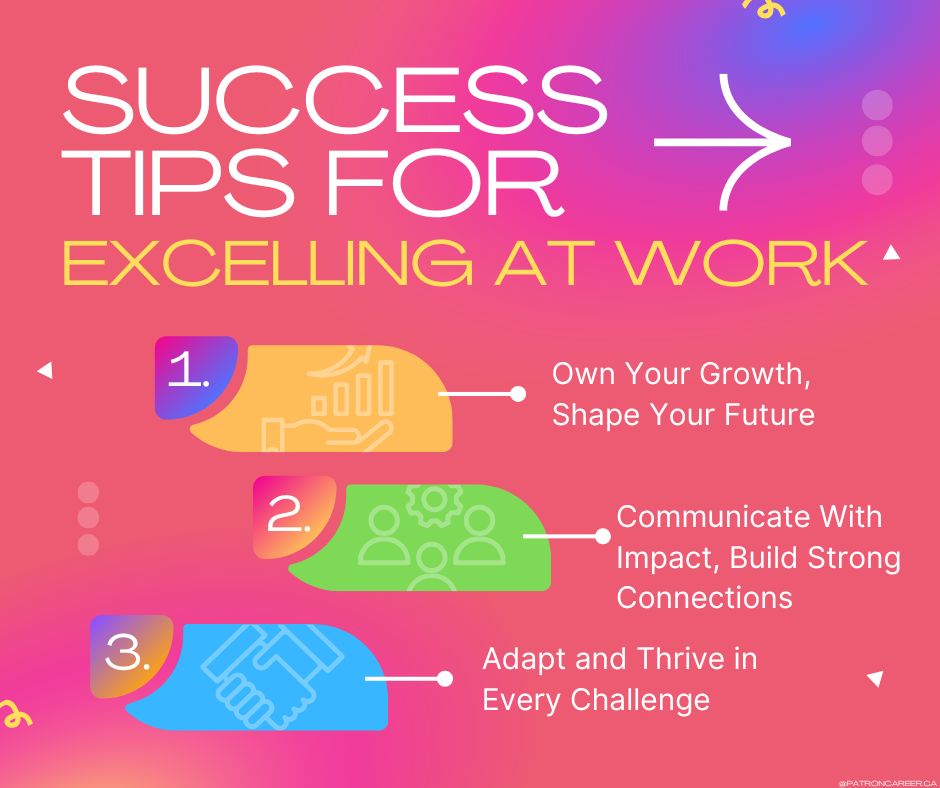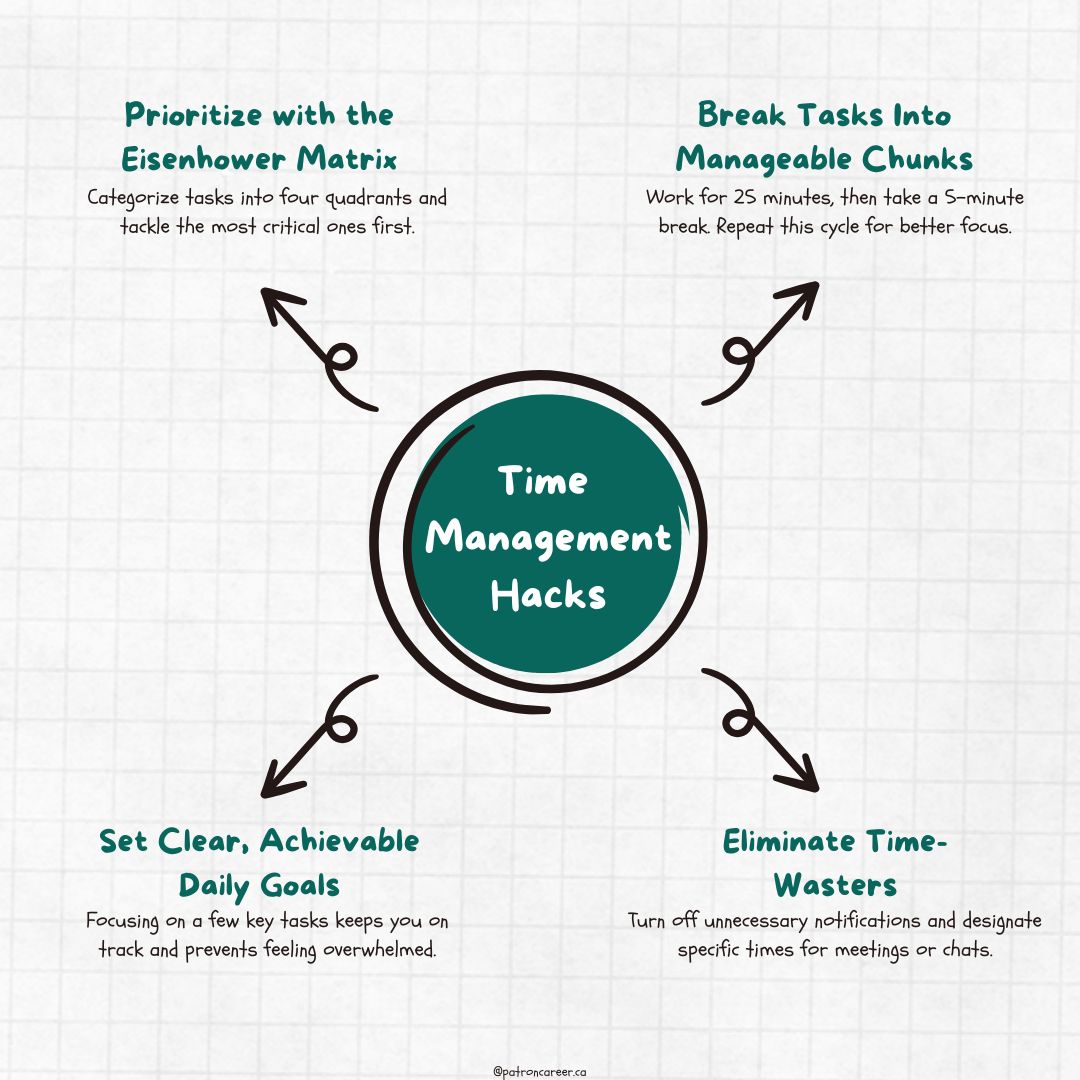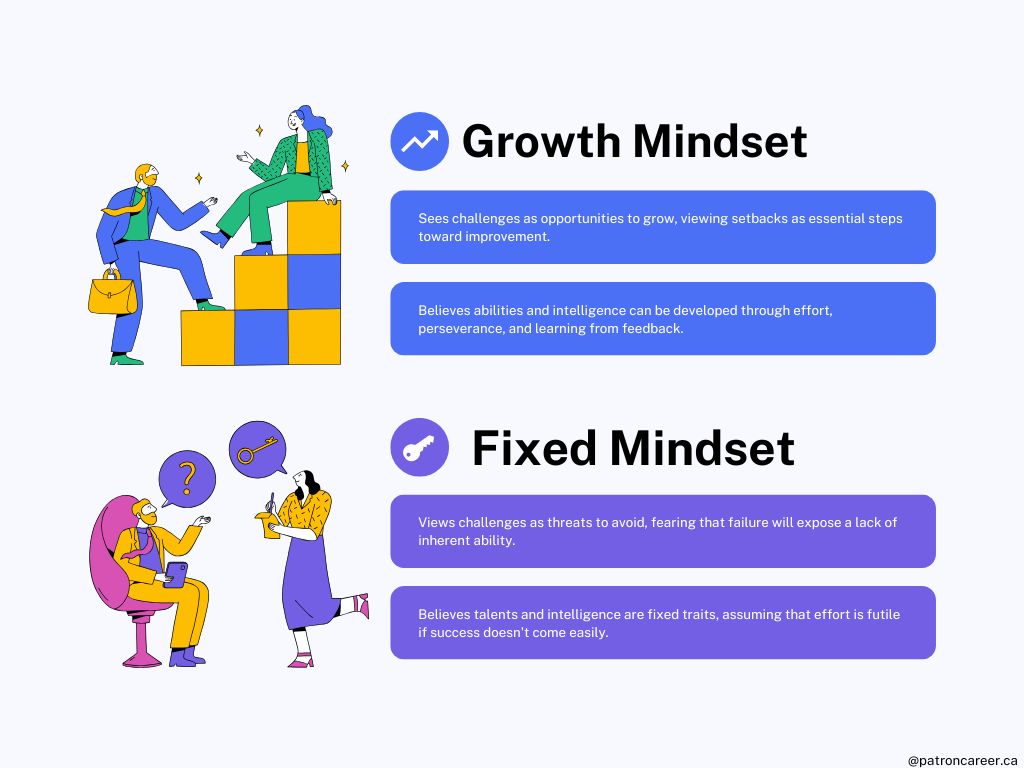How to Excel at Work: Best Tips for Fast-Tracking Your Career Growth
In today’s demanding work era, simply doing your job isn’t enough to prove you are a valuable asset to the organization. It takes more than ticking all the boxes and participating in work events for you to be on the path towards promotion and become highly successful at your work. Now that the job market has started to stabilize after the pandemic, companies are again calling the shots and holding all the power. Job seekers and employees now need to put their best foot forward to stand out among their competitors and climb the corporate ladder.
Whether you’re a recent graduate thinking ahead or have been at your job for a while, acquiring exceptional skills is your key to achieving career longevity and success. If you’re in the dark about what more to do to progress at your job, read ahead because there are a few things you should be doing to impress your boss and bring value to your team.
Also Read: Skills You Need to Crush Your Remote Job!
Why Skill Development Matters, Now, More Than Ever
Skill-building was once considered a nice-to-have, but cut to today, it’s a strategic imperative not only for employees, but also for the organizations. Thanks to the rapidly evolving job markets and increasing demand for innovative and qualified employees, continuous learning is a non-negotiable in the employment ecosystem.
Today’s employers are on the hunt for capable, problem-solving and efficient employees and not just degrees or years of experience. Employees who commit to improving themselves not only boost their personal value but also future-proof their careers.
Our tip: In the new world of work, your biggest competitor isn't your colleague—it’s your own potential left untapped.
What Does It Mean To “Excel” At Work Today
Excelling isn’t about doing well in your job or working through the night day in and day out, it's about being proactive, working smarter, not harder and matching your personal growth with organizational goals.
Excellence today is measured by:
- Impact of multitasking
- Emotional intelligence (EI) over technical dominance
- Positive communication over reactive excuses
- Innovation over adhering to the manual
If you want to be great at your job, the key is to consistently add measurable value, step forward, and adapt quickly to changing trends and expectations.
10 Practical Tips to Boost Your Workplace Skills and Excel at Your Job
Still working 9-5 and being in the same position for years? Now is the time to address the elephant in the room and turn yourself into a workplace MVP:
1. Set Clear, Measurable Goals
SMART (Specific, Measurable, Achievable, Relevant, Time-bound) goal setting allows individuals to remain focused and complete work tasks expediently. The employer is not paying you to burn the midnight oil or stay busy throughout the day. The fact of the matter is how you’re contributing to the team and helping achieve the company’s goals.
Remember that employees who set goals are 10 times more likely to succeed, a Dominican University study revealed. Start today by breaking down bigger goals into smaller tasks. You can also practice the ABC method or the Eisenhower Matrix to master the art of task prioritization and focus on what truly matters.
Related: 5 Productivity Prep Tips for the Modern Professional
2. Embrace Continuous Learning
You may resort to your “best ways” of doing work, but it may no longer be relevant. The changing world of work requires you to embrace learning and adopt a “forever student” approach to stay on top of market trends. You can learn new skills or revamp your existing ones by taking online courses, attending workshops, mentoring new employees, and reading industry journals. Know that companies love employees who are committed to being the best version of themselves and continuously upgrading and bringing fresh ideas to the table.
3. Work on Your Communication Skills
Soft skills are crucial. They are a top priority for hiring managers and employers because:
Good Communication = Fewer Misunderstandings + Stronger Collaboration.
Soft skills such as conflict resolution, communication, creativity, work ethic, and teamwork can be developed through practice, interaction, and seeking feedback. Cultivating these skills is your opportunity to determine how high you can rise within the company.
Related: 5 Practices for Effective Communication at Work
4. Build a Personal Development Plan (PDP)
Don’t just float through your career—architect it. A PDP outlines your current skills, desired skills, and the learning path to bridge the gap. Think of it as your personal GPS to success.
Action idea: Revisit your PDP quarterly to track progress and realign as needed.
5. Seek Feedback Early and Often
Constructive criticism can help you understand your strengths, weaknesses and areas of improvement. Employees who regularly seek feedback improve their performance by up to 39%, according to Gallup.
Pro tip: Ask for feedback after big projects, presentations, or client meetings. Frame your questions to be constructive, e.g., “What’s one thing I could have done better?”
6. Strengthen Your Time Management Muscle
To unlock your best self, you have to master the art of time management. You can transform yourself from chaos to clockwork by following task prioritization, setting boundaries, using time-blocking tech apps, or techniques like the Pomodoro Technique to avoid multitasking and manage time effectively.
7. Become a Problem-Solver, Not a Problem-Pointer
Bosses love employees who come with solutions, not just problems. Before flagging an issue, think through two or three possible solutions to present. It demonstrates initiative and leadership potential.
Mindset shift: See every problem as an opportunity to showcase your critical thinking skills.
8. Develop Cross-Functional Skills
Cross-functional skills are helping shape dynamic teams. Understanding how different departments work can bring you opportunities outside your primary job role and prepare you for future leadership roles. You gain extensive knowledge, which makes you versatile and ultimately can fast-track your promotion potential.
Exclusive hack: A great way to broaden your exposure is by volunteering for cross- departmental projects.
9. Cultivate Emotional Intelligence (EQ)
Harvard Business School notes that EQ accounts for 90% of what sets high performers apart. Being able to manage your own emotions and navigate those of others will put you in the professional elite and help you become an important asset for the company.
Pro tip: Focus on self-awareness, empathy, social skills and conflict resolution skills. Being “book smart” gets you in the door; being “people smart” gets you promoted.
10. Stay Resilient and Adaptable
Most importantly, embrace change! Employees who quickly adapt to new technologies, market trends, or management changes are contributing extensively to the company and becoming their best version. Practice "future-proofing" your career by staying inquisitive, maintaining a flexible mindset even in harsh situations, and embracing change, even when it’s uncomfortable.
All In All, Your Career Is a Marathon, Not a Sprint
The bottom line is that you have to take responsibility for your growth at work. It may take months, years to build, but constantly uplifting yourself is a hidden investment in your future self. Even in the face of adversity, those who commit to constant growth, adaptability and resilience will always find a way to excel.
Ready to outlearn the rest and start standing out? Put your work shoes on and unlock your peak potential!







